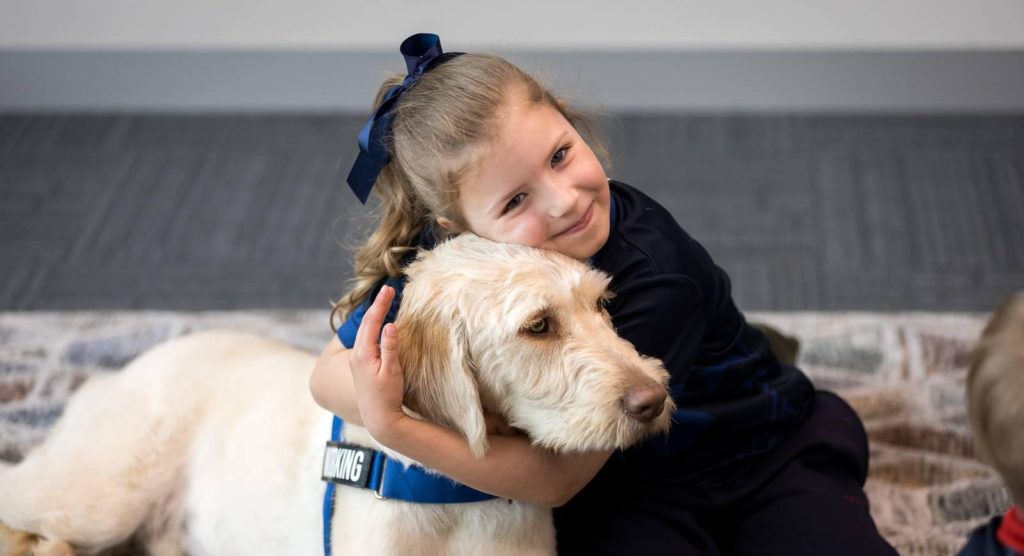Uncertainty

We often have students come to counselling worried about the outcome of an event. What result will they get for the exam they just had? Will the party go well? Or more serious concerns such as: Who will I live with when my parents separate?
We sometimes talk about an element of anxiety as extreme thinking about the ‘what ifs’, so it’s no surprise that uncertainty can be uncomfortable and lead to poorer mental health if it is not tolerated.
The first question we can ask a young person facing uncertainty is whether the outcome can be influenced. If action can be taken, then working through the viable options can reduce uncertainty and allow the child to feel empowered. This might look like your child getting ready to go to a party with a friend or practising some conversation starters they could use when they get there.
If the assessment task has already been completed and the student is waiting for the result, then the answer is a firm no. Uncertainty when no action can be taken can lead us to try and predict the outcome and gather evidence to do so. For young people this often involves turning to social media and gathering ‘evidence’ from external sources. This information can be harmful rather than helpful.
We can instead encourage them to look for evidence from their own history and think about what has happened to them before in similar situations.
The problem with uncertainty is not the uncertainty itself, as this is a normal part of life. The problem arises when someone is unable to manage the feeling of discomfort associated with uncertainty. Reassuring your child that this feeling is not something that can harm them, and that it is very normal to feel this way, can remove some of the worry that comes from the feeling.
We can explain that we don’t have to ‘fix’ or remove the feeling, but we can recognise it and name it. Let your child know they won’t always feel this way, and each subsequent time they experience uncertainty, it will be a little less uncomfortable.
As much as we would like to protect our children from these types of feelings, it is important to let them experience discomfort so that they learn to manage it. Of course, if your child is struggling with uncertainty in a way that is impacting their day-to-day functioning, we are here to help.
Uncertainty is not necessarily negative. The article below outlines the benefits that can come from uncertainty, including how it can enhance our experiences. This explains why children love a lucky dip, why we wrap presents for the ultimate gift-receiving experience, and even why safaris are so popular. Uncertainty can focus our attention and help us notice things we might otherwise miss—like that leopard in the tree.
Click here to read more about uncertainty.
Mandy, Sarah and Joanne
Student Support Services

 566
566











